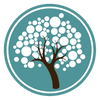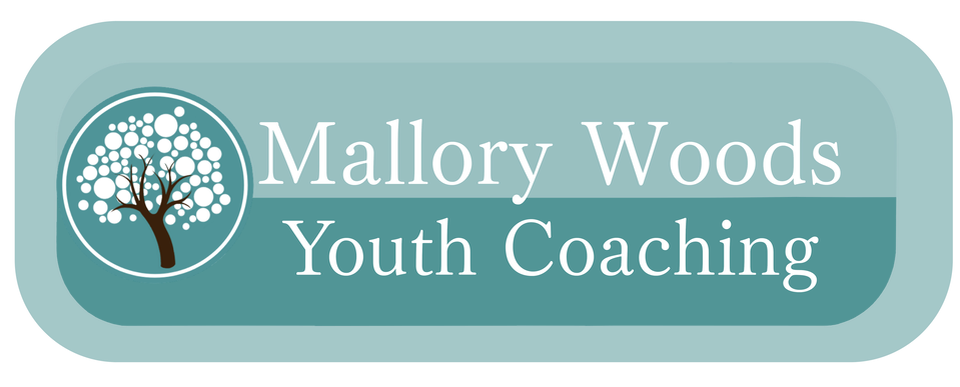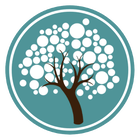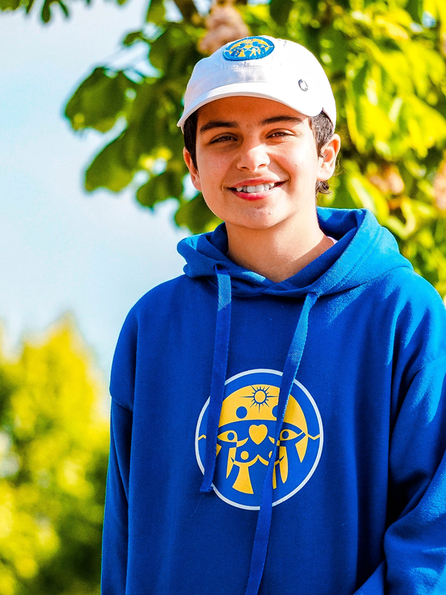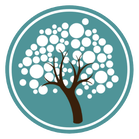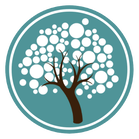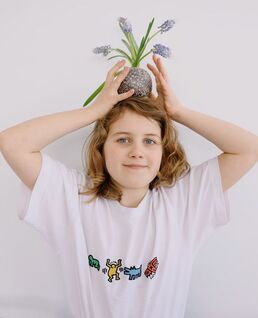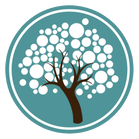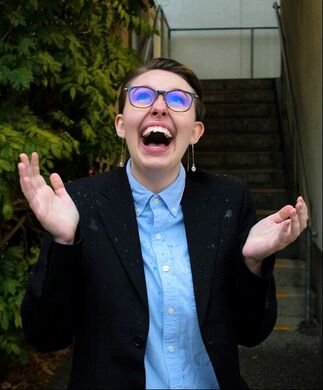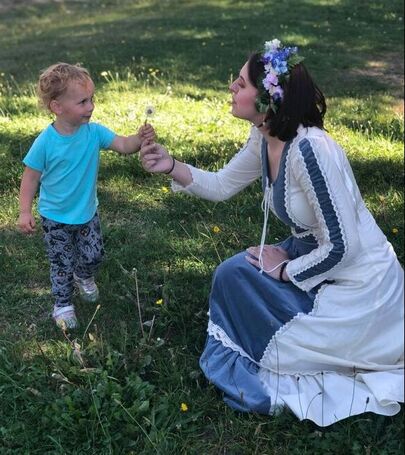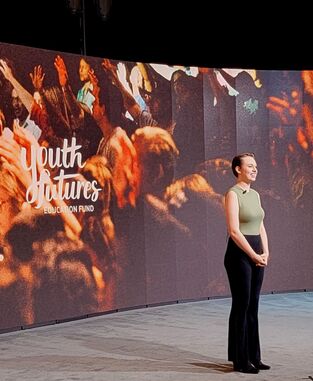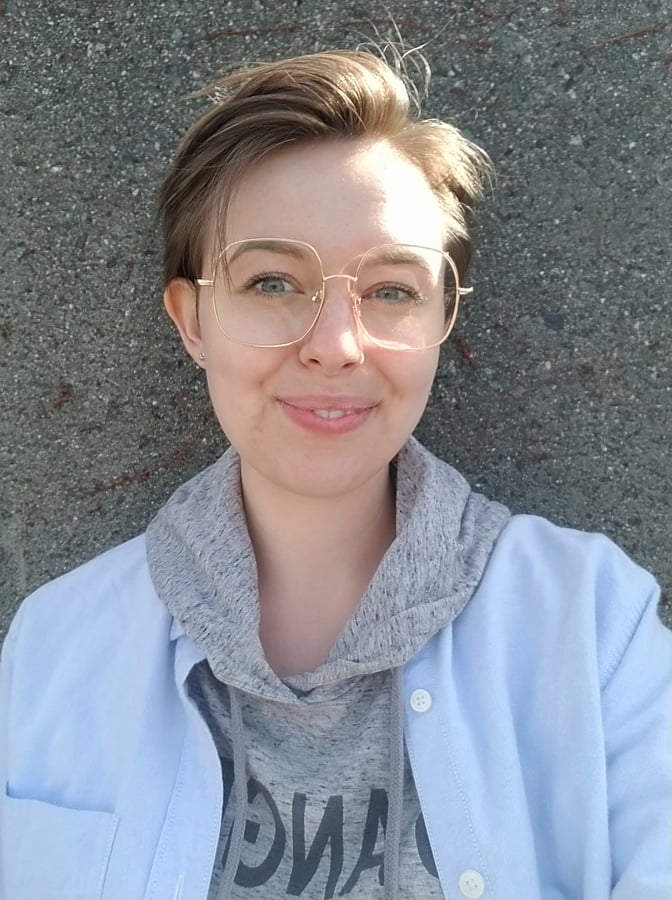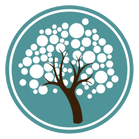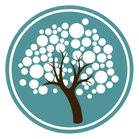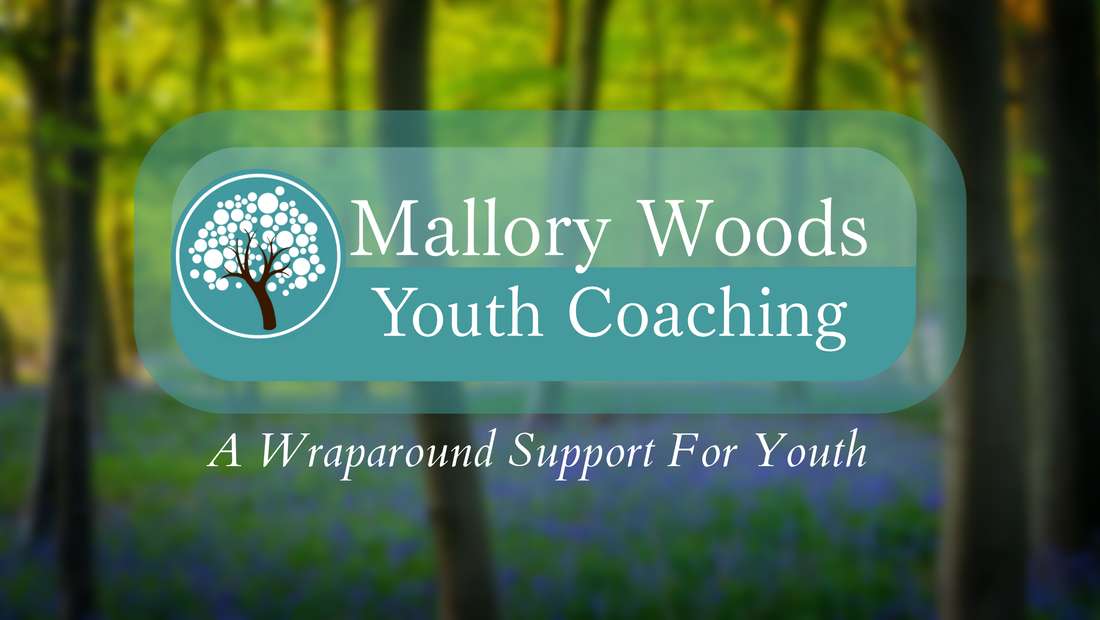Mallory Woods Youth Coaching at a Glance:
"About" Summary:
|
Mallory Woods Youth Coaching* provides one-on-one, remote coaching for youth ages 9-19, with a dedication to connection, collaboration and combining innovative supportive modalities.
Mallory specializes in working with youth, LGBTQ+ matters and themes surrounding identity. Additionally, Mx. Woods is a keynote speaker, educator and facilitator who, as a former youth in Government care, speaks as an advocate for local and federal youth empowerment. Mallory Woods Youth Coaching is dedicated to creating low-barrier support that welcomes youth and families as they are. |
*Youth coaching is a branch of life coaching focused on supporting youth.
The Difference Between Coaching & Therapy
Coaching1. Coachee. 2. The coach helps the coachee access their own wisdom, resources, and strengths. 3. The coachee is looking to build or rebuild their life and self, perhaps after crisis. 4. Focused on the possibilities of the future and changing current events. 5. The coach facilitates access to the coachee's inner wisdom to reveal healing, growth, and resourcefulness. |
Therapy1. Client. 2. The therapist gives advice to the client. 3. The client is in immediate crisis or working through crisis. 4. Works mostly with the past. 5. The therapist is consulted and suggests courses of action best suited to the client. |
Youth coaching is a branch of life coaching dedicated to those impossible feeling years of adolescents.
What makes Mallory Woods Youth Coaching Special?
Specialty
Firstly, I specialize in working with youth and with themes of identity.
Since 2018 I have worked as an emotional support for youth. Specializing in working with young adults requires flexibility, creativity, and a willingness to provide the type of support they are needing, even if that means trying something new.
Since 2018 I have worked as an emotional support for youth. Specializing in working with young adults requires flexibility, creativity, and a willingness to provide the type of support they are needing, even if that means trying something new.
Blending Practical and emotional Support I saw that youth were needing to create a patchwork support network from many different providers. They would go to their youth worker to learn how to make a budget, their school nurse for health care, and the walk-in clinic for emergency mental health support.
|
|
As a youth growing up in Government Care, I did the same thing. The resources I needed were single-purpose and segregated. Above all, “practical support”, like help filling out forms, was removed from traditional emotional support.
Because of this, I have adopted a new approach to youth support which blends the practical with the emotional.
Because of this, I have adopted a new approach to youth support which blends the practical with the emotional.
Mutuality Lastly, I prioritize a support model that is rooted in mutuality. The BC Provincial Peer Support Worker program defines mutuality as a co-created working relationship, which is, “...mutual and reciprocal…” and “breaks down hierarchies” (https://peerconnectbc.ca, Core Values).
|
|
I forefront mutuality because trauma and violence informed practices teach us that collaboration, trust, respect, and choice are necessary for empowerment. All of these qualities are dependent on mutuality. The hierarchical model of typical mental health support leaves little room for mutuality, collaboration, or connection.
|
Summary
To summarize, the work I do is different from other mental health resources because it is tailored to youth’s unique needs, blends the practical with the emotional, and forefronts mutuality, to create a trauma informed, empowering dynamic and wrap-around support.
In addition, all my work is strength-based, evidence-based, trauma and violence informed, and aligns with the The BC Provincial Peer Support Worker core values.
About Mallory Woods
I was born and raised in British Columbia on the unceded traditional territory of the Squamish, Musqeum, and Tsleil-Waututh First Nations. I humbly recognizes that I am an uninvited guest on the unceded territory of the Snuneymuxw First Nations, whose land I currently learn, live, and practice on.
After ageing out of the BC Government care system, I knew I wanted to create a mental health resource for youth that went beyond traditional mental health support. I wanted to facilitate emotional empowerment as well as youth empowerment in the hum-drum, daily arenas of life.
I had the pleasure of mentoring under Foundation Life Coach Ross Tayler, and began working with youth in 2018.
My work is informed by that coaching mentorship, my studies in gender, identity, trauma and healing, and the following training:
After ageing out of the BC Government care system, I knew I wanted to create a mental health resource for youth that went beyond traditional mental health support. I wanted to facilitate emotional empowerment as well as youth empowerment in the hum-drum, daily arenas of life.
I had the pleasure of mentoring under Foundation Life Coach Ross Tayler, and began working with youth in 2018.
My work is informed by that coaching mentorship, my studies in gender, identity, trauma and healing, and the following training:
- Trauma and Violence Informed Care Practices (University studies at Vancouver Island University)
- Trauma and Resilience (University studies at Vancouver Island University)
- BC Provincial Peer Support Worker (training and working experience)
- SafeTalk (Certified)
- Physiological First Aid (Certified)
- Crisis Intervention for Individuals with Developmental Disabilities (Certified)
|
In addition, I am greatly informed by my life experience of living through child maltreatment, adolescent homelessness, mental illness, and, eventually, healing and recovery. Learning to create and live a life that is happier and more fulfilling than I could have ever imagined as a child has been my life’s work. The slow process of turning my experiences of hardship into the capacity to facilitate healing space for others is truly gratifying, and I am honoured and humbled by the work I do.
|
Beyond Mallory Woods Youth Coaching
|
As of 2021, I have been the Student Representative for the Youth Futures Education Fund since 2019 and the VIU department of Women and Gender since 2020. I am also a speaker and advocate for the BC Tuition Waiver Program. I am passionate about supporting youth and take every opportunity to advocate for youth-focused services and programs.
|
*About Mallory: Questions You Might be Nervous to Ask:"Hey, Mallory... What are your pronouns? My pronouns are They/Them/Theirs. What honorific do you use? I use the gender-neutral “Mx.” (pronounced “Mix”) What should I do if I use the wrong pronouns? Don’t stress. We all make mistakes. Just correct yourself and move on. |
How do you Identify?
I identify as non-binary, although you may also hear me call myself trans as I do not identify with my assigned gender.
I want to access services but my parents are not supportive. What do I do?
I recommend seeing what confidential services are in your local area. I am happy to help you track down some safe options (for free, of course).
Trauma & Violence Informed Care in Mallory Woods Youth Coaching
Trauma and Violence Informed Care (TVIC) operates from the understanding that trauma and experiences with violence are prevalent, individually unique, a response not a condition and contextualizes trauma within the larger human experience. The goal of TVIC is to reduce the risk of re-traumatization within the care provided.
TrustRecognizes trust as the foundation of healing and collaboration. Creates and maintains safe, trust-worthy relationships that are dependable, genuine, and earned. Operates knowing that trust is both necessary and healing unto itself. Choice & VoiceEnsures that one's voice, opinions, needs, and decisions are heard and recognized. Seeks to create endless opportunities for the coachee to have choice and control over one's life. |
CollaborationDedicates time and effort to ensuring and maintaining, safe, equal power-dynamics between the coach and the coachee. Dedicated to co-creation, partnership, connection, and collaboration rather than hierarchical, authority-based structuring. EmpowermentStrength-based approaches contextualize symptoms as necessary adaptions made to protect oneself. Encourages self-efficacy and the active creation of one's life. |
